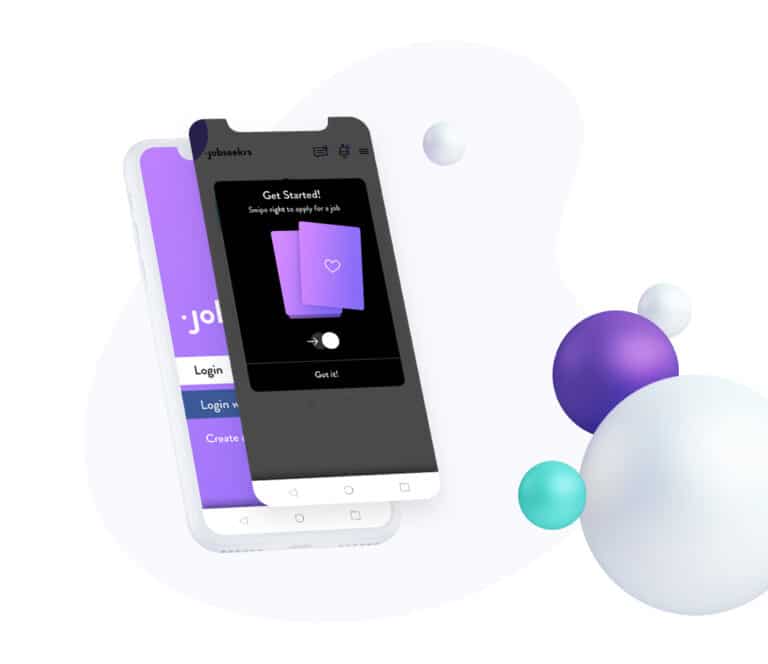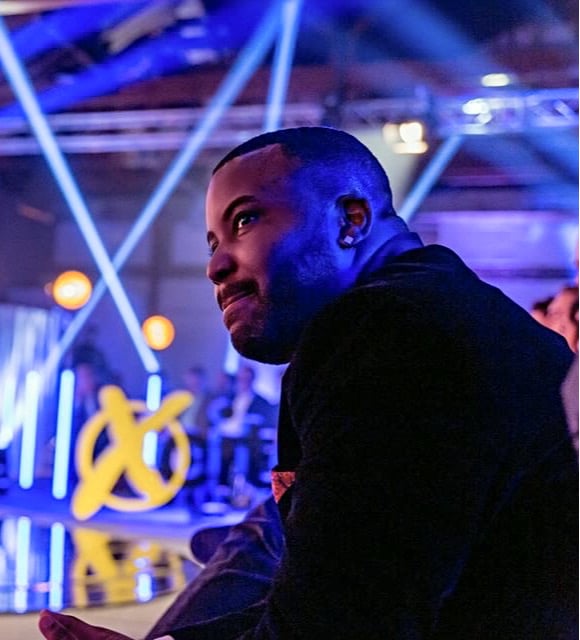Disrupting the status quo by challenging unconscious bias and championing inclusive work culture is vital in the hiring process. That’s the view of Jobseekrs founder, Jamaal Brathwaite.
“If you have a brain you have unconscious bias which limits certain opportunities for certain groups of people, and we want to stamp that out completely,” he told Prolific North.
Founded in 2017 by Brathwaite, the inspiration for the Manchester-based careers platform came after he experienced unconscious bias through his own career journey.
“I am the cause,” the 29-year-old Barbadian-born entrepreneur said.
“I am the person who has been through the unconscious bias and gone with the company where my competency to the job role and skills matched but I didn’t match,” he explained.
Growing up as black migrant in the UK, his family were no strangers to discrimination coming from the Windrush generation.
He reflected on the difficulties he experienced where he said his competency for roles was overlooked because of his background and the colour of his skin.
It was this experience which led him to look for a solution, in the form of new technology.
“Our main vision is to build a place that champions inclusive work culture and equality,” he said.
The Jobseekrs platform is used by a variety of clients including Bruntwood, Telefonica, and has recently secured Entrust as a new client after expansion into the US.
Brathwaite launched the platform in April 2020 prior to the Coronavirus pandemic, which was a difficult time for the firm as the world came to a halt.
“In the past year we have realised the world has drastically changed,” he reflected.
“The way we work, to events that have really caused us to reflect on the role that unconscious bias obviously plays in limiting opportunities for certain groups of people.”
According to a research study led by Nuffield College’s Centre for Social Investigation (CSI), applicants from minority ethnic backgrounds had to send 80% more applications than a white applicant of British origin to get a positive response from an employer.
The study also found Nigerians with a university degree and relevant work experience still had to send twice as many applications as the majority group to be considered for software engineering and marketing assistant jobs.
“Those subtle assumptions that we’re making about people can have lasting effects, like very negative lasting effects on who a company promotes or more importantly, who you hire,” he explained.
His vision with the platform is to challenge employers on these assumptions and showcase the availability of diverse talent when unconscious bias is limited.












